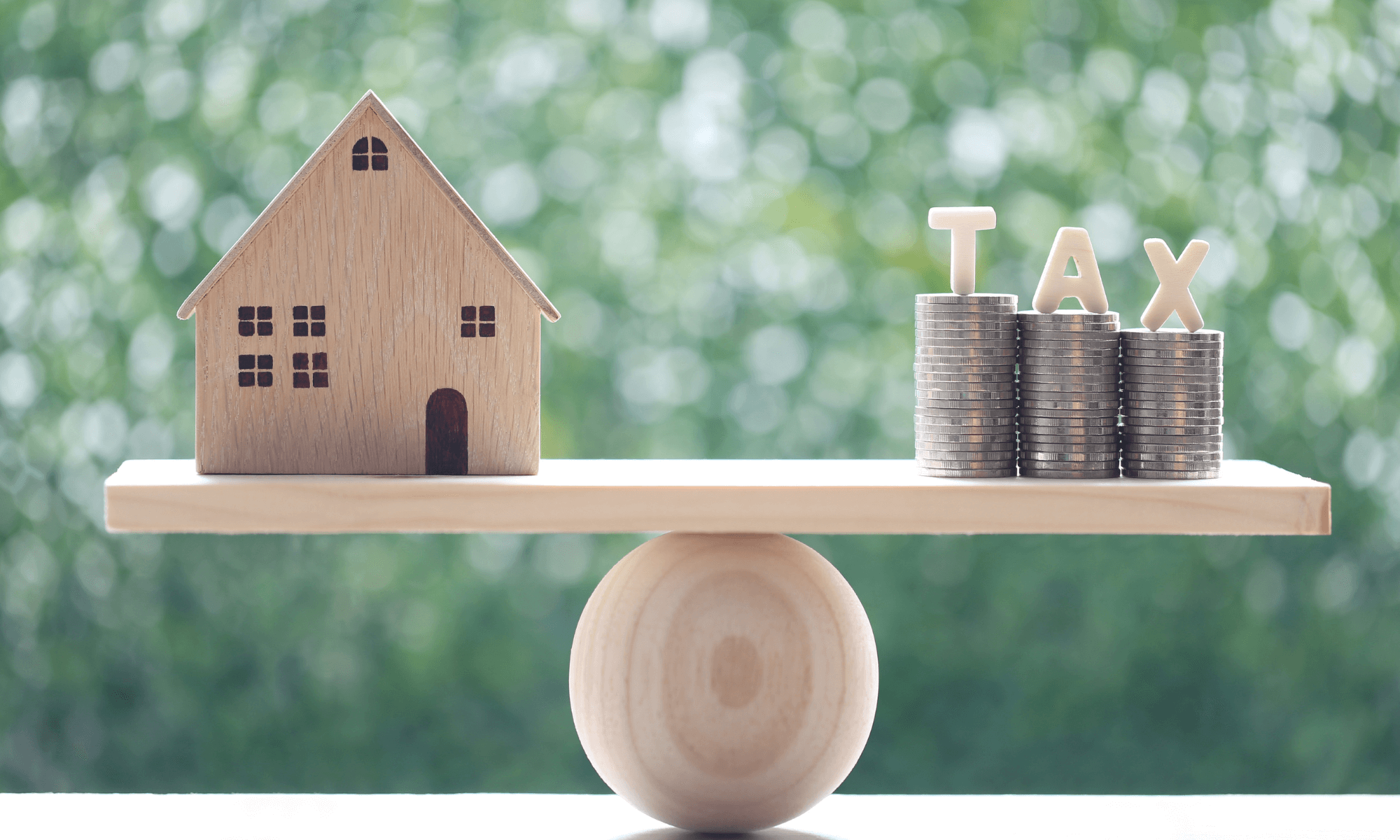Tax Facts for Landlords
Deductions and Taxes
Published on August 3rd, 2022

As the cost of living rises with inflation, it becomes more attractive for homeowners to rent out their properties to generate extra, passive income. Doing so benefits the many Canadians who find themselves priced out of the housing market due to the cost of living and higher interest rates. The Rental Housing Index (https://rentalhousingindex.ca) website is an excellent resource for statistics on rental prices and demand across the country.
Tax Facts
Whether a homeowner leases their primary property as they travel the world, rents a spare bedroom to a student, or offers short-term rentals as B&B or Airbnb accommodation, the income is taxable. (One possible exception to this is when renting at below-market rates to immediate family; contact Canada Revenue for details.)
Deductions
Fortunately, there are many tax deductions available to help landlords maximize their net income when they file their taxes.
Advertising: finder’s fees as well as advertising in Canadian newspapers and on Canadian television and radio stations.
Capital cost: the purchase price of rental property, legal fees and other services connected with buying the property, the cost of furniture and equipment rented with the property.
Insurance: premiums paid on the rental property for the current year.
Interest and bank charges: related to money borrowed to buy or improve a rental property.
Office expenses: small items such as stationery and stamps. (Larger items such as filing cabinets, a desk and chair are considered capital items.)
Professional fees: accounting fees and legal services to prepare leases or collect overdue rents.
Management and administration fees: amounts paid to a person or company managing a rental property, or to agents collecting rents or finding new tenants.
Repairs and maintenance: cost of materials and paid labour (not including that of the landlord) to complete minor repairs or maintenance on a rental property. Larger repairs may be claimed through a capital cost allowance.
Modifications to accommodate people with disabilities: hand-activated power door openers, ramps, renovations to bathrooms, etc.
Salaries, wages, and benefits: amounts paid to superintendents, maintenance personnel and others employed to care for the rental property. Landlords cannot deduct the value of their own services.
Property taxes: incurred for a rental property during the period was available for rent.
Travel: expenses incurred to collect rents, supervise repairs and manage rental properties. Landlords cannot deduct board and lodging.
Utilities: if the rental arrangement specifies that the landlord pays for utilities (e.g., electricity, water, cable, etc.), these may be deducted from income tax.
Other expenses: with some conditions, Canada Revenue allows landlords to deduct landscaping costs, lease cancellation payments and condominium fees.
Note: This information is intended as a general guideline; the information may not apply in every circumstance and is subject to rule changes.
Taxes
In addition to income tax, homeowners should be aware of the implications of other types of taxation.
Municipal Property Tax
Most municipal governments across Canada have three levels of taxation: secondary residence (meaning it is not occupied by the owner), primary residence, and senior. When renting a secondary property that is not occupied by the landlord, the maximum tax amount typically applies. If the landlord lives in the home and rents out a suite or room, then most municipalities will allow the discounted, owner-occupied rate.
GST, Provincial and Accommodation Taxes
For years, people rented suites and rooms through websites such as Airbnb yet did not pay tax. In July 2021, the federal government regulated that platform-based, short-term accommodation providers such as Airbnb need to collect GST from customers. As well, some provinces impose a sales tax, and some municipalities charge an accommodation tax. Providers such as Airbnb now collect and submit these taxes on behalf of landlords.
If a homeowner rents out their accommodation directly by running their own mini-hotel or B&B, they will need manage collecting taxes from guests and submitting funds to each applicable level of government.
Although governments charge taxes on rental income to compensate for the additional use of infrastructure, transportation, healthcare, etc., landlords who maximize their deductions may still find that renting is rewarding.
Powered by Froala Editor